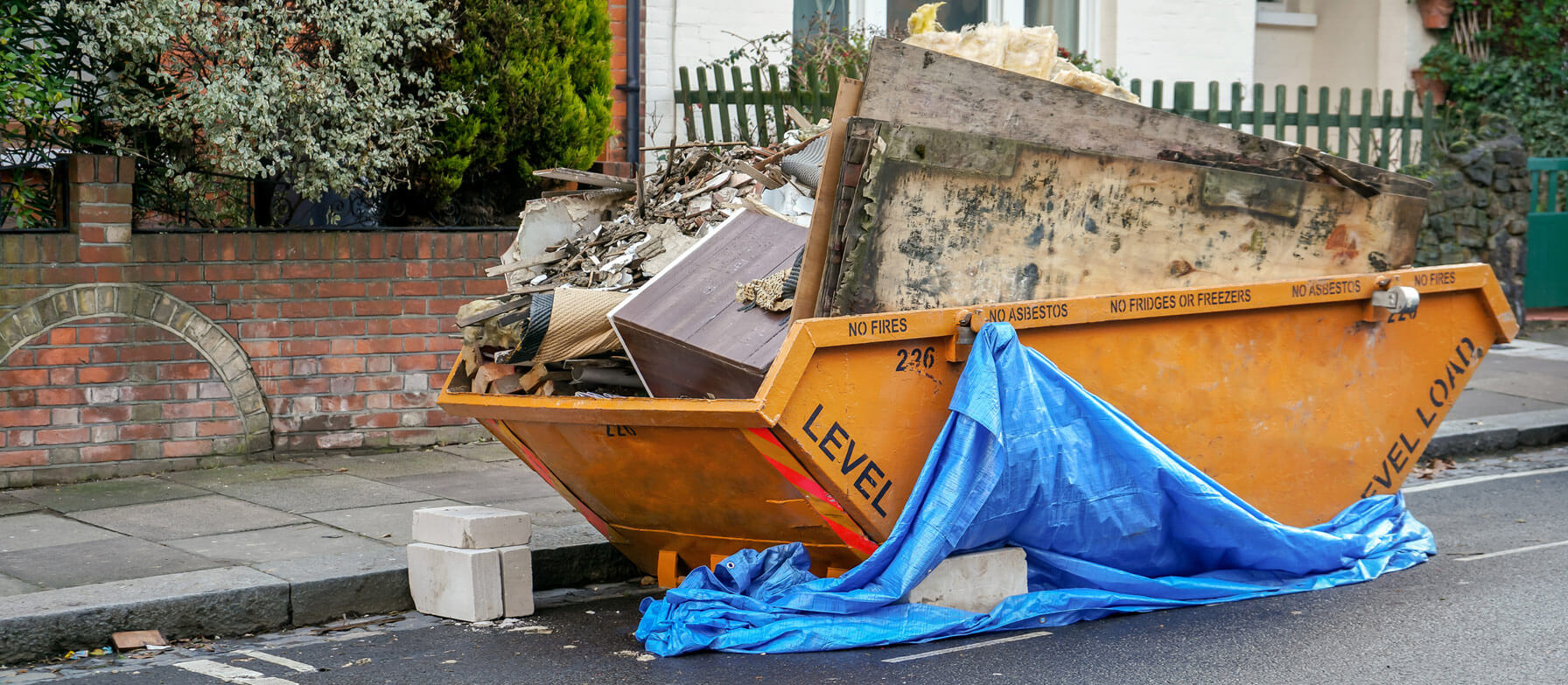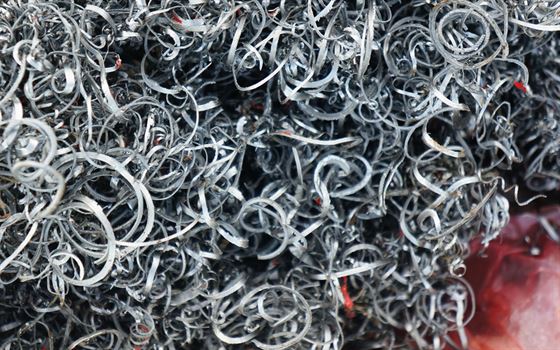How To Start Recycling Steel
Steel is one of the most versatile and widely used materials globally. This durable material offers numerous benefits, including its strength, durability, and affordability, making it a popular choice for a wide range of industries.
Besides being strong and durable, it is highly recyclable and used in countless applications across numerous industries.
From food containers to cars, construction, and household items, steel is an essential component in many products that we use every day.
This blog post will outline the things that can and cannot be recycled, the benefits of recycling, and the steel scrap recycling process.
Steel – What Can & Can’t Be Recycled
Steel is the most widely recycled material in the world due to its unique properties and the relative ease with which it can be recycled. Below, we outline what can and cannot be recycled.
What Can Be Recycled
There are many steel items commonly found in a typical household that can be recycled. Examples include food and drink cans, tools, cookware, pipes, household appliances, and kitchen sinks.
What Can’t Be Recycled
While steel is a highly recyclable material, there are certain types of steel products that may not be accepted for recycling due to contamination, safety concerns, or other factors. Paint cans, aerosol cans, steel wool, propane tanks, and medical waste are just some examples.
The Benefits Of Steel Recycling
Steel recycling offers many benefits to the environment, the economy, and society as a whole.
In environmental terms, recycling steel reduces the need for raw materials, such as iron ore, coal, and limestone, which helps to preserve these resources for future generations.
Economically, recycling is more cost-effective than the production of new steel from raw materials, especially when energy costs are high.
And then there are social benefits, such as the adoption of sustainable practices that helps to reduce waste sent to landfills, which can improve public health and safety.
Steel Recycling Process
The process of recycling steel begins with collection from numerous sources. This may be via scrap yards, from domestic dwellings, or even the kerbside.
After collection, the steel is sorted and prepared for processing, such as removing non-steel materials.
The steel then shredded into small pieces and melted down in a furnace. Afterwards, it is then further processed to remove any impurities and contaminants.
Finally, the steel is cooled and made solid, ready to be formed into new products, such as bars, rods, and sheets.
Need Help With Your Recycling Process?
Jarvis is a steel scrap collection and disposal expert that provides environmentally-friendly recycling services in Banbury and the surrounding areas.
As an approved scrap metal recycling company, we can assist with your recycling process and offer a reasonably-priced service that you will be very happy with.
Contact Jarvis for reliable and responsible scrap metal disposal today.

